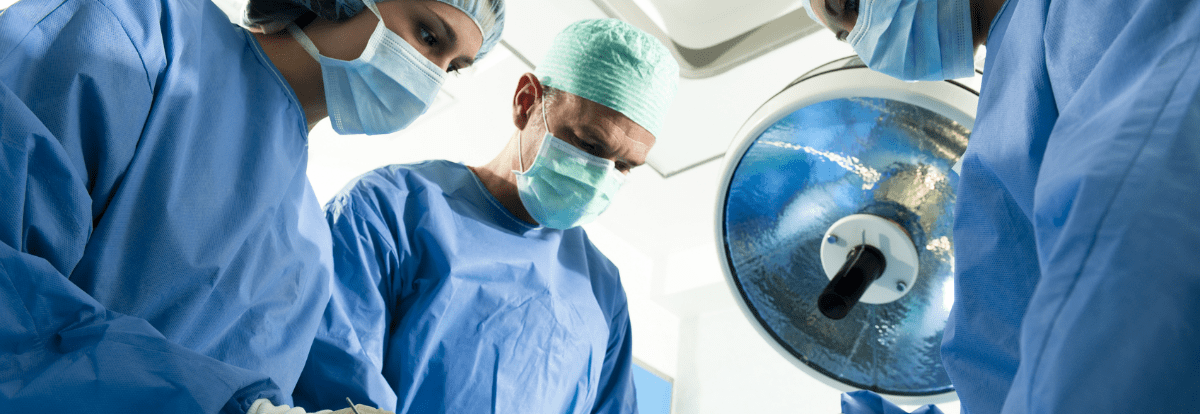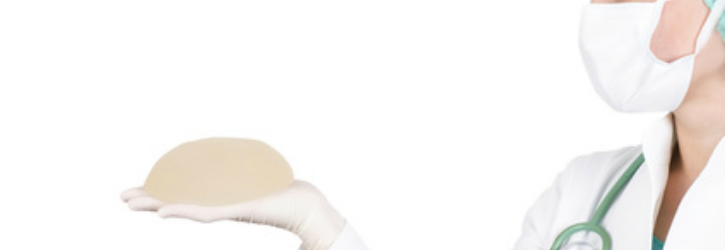Category: Medical

Pelvic mesh compensation
You could be entitled to claim for pelvic mesh compensation with our team who are already representing women affected by this long-standing and serious issue.
A female lawyer from the team can be appointed for you, and we offer No Win, No Fee arrangements for people who claim with us. Although these can be incredibly complex cases to help people with, our expert team have a wealth of experience and relevant history to fight your battle for justice.
That’s why we’re prepared to offer our No Win, No Fee service for the cases, because we believe in access to justice for all.

Act now if you’re suffering from hernia mesh problems
The Group Action Lawyers are calling on people to act now when suffering with hernia mesh problems, and join others claiming with us.
We’re offering No Win, No Fee representation for victims who wish to claim for hernia mesh compensation. We’re already acting for a number of people suffering with problems, and it’s important to act now to secure compensation.
Medical group actions can often mean there are potentially complicated or unclear timeframes to claim. Now we’re in a new year, make sure that your hernia mesh compensation case is high up on your list of things to sort out!

Hernia mesh lawsuit UK
We’re taking on claims for those who need to launch a hernia mesh lawsuit UK case. We’re already acting for a number of victims, and anyone who has yet to start their claim is being urged to speak to us as soon as they can.
We can tell you from years of experience that medical product claims can be complicated. In one medical product group action alone, we’ve recovered over £1.3m damages (and counting); so, you know you can trust our advice.
One of the major issues is the limitation periods that can apply to these types of claims. There can be more than one, and plenty of people end up missing deadlines in lawsuits. Missing those deadlines can cost Claimants literally tens of thousands of pounds in unrecoverable compensation. It’s important to act fact!

Valsartan recall widens
The Valsartan recall widened last month following updated advice from the Medicines and Healthcare Regulatory Authority (MHRA).
Batches of products containing Valsartan that were supplied by Teva UK Ltd and Mylan are being recalled in the UK. This follows on from a drug alert earlier this year that was issued after the discovery that some Valsartan products were contaminated. Legal cases are already underway, and this latest recall involves further batches of the product.
An immediate suspension and quarantine of the additional affected products has been ordered.

Were you affected by the cough syrup mould recall?
Were you affected by the cough syrup mould issues that came to light over summer? In the midst of the season for colds and coughs, you may want to take heed of this warning if you’re not aware of it already.
Over summer, a formal recall was issued with the UK’s medicines regulator, the Medicines and Healthcare products Regulatory Agency. This was a Class 2 Medicines recall for own-brand glycerine and blackcurrant cough syrup products manufactured for children by Bell, Sons & Co.
As these are marketed as own-brand products, it’s the likes of Asda, Morrisons, Sainsbury’s and Tesco at the centre of this recall.

40,000 patients affected by cervical screening error
Some 40,000 patients are affected by the recent cervical screening error that has led to thousands of letters not being sent out.
Of the 40,000 affected, some 4,000 were in relation to test results that never went out. Up to 200 of those reportedly showed abnormal results where women will have likely needed swift intervention if cancer has been identified.
The number of patients affected is staggering, and this isn’t the first time a simple error has led to a significant blunder of this nature. We’re representing victims of the NHS breast screening scandal where letters for screening didn’t go out due to an IT error.

Bone cement complications from product recall
A regulator warning earlier this year stemmed from bone cement complications caused by an issue with the product itself.
A risk of the need for revision surgery from the use of Optipac 40 Refobacin Revision and Optipac 80 Refobacin Revision was identified. Manufacturer, Biomet UK Limited, issued a Field Safety Notice at the end of last year. The UK’s medical regulator, the MHRA (Medicines and Healthcare products Regulatory Agency), issued their own recall advice off the back of the findings.
Anyone who has suffered with bone cement complications may find the reason is to do with the product itself as opposed to failed surgery.

Risperdal compensation deal agreed ahead of trial
A Risperdal compensation deal has been agreed ahead of a trial. This is said to be one of many potentially multi-million-pound settlements over the drug.
Some users who have been taking Risperdal medication have suffered severe side-effects. The use of the drug has also been involved in off-label marketing; i.e. using the drug for alternative reasons than what regulators have approved the drug for.
Off-label marketing can be a real problem for consumers. When pharmaceutical giants see slow sales in particular products, they can be tempted to repackage them and sell them for different uses. Sometimes this isn’t a bad thing, but when the drug isn’t approved for certain uses, and where certain side-effects are prominent in off-label uses, people can suffer.

Hernia mesh compensation advice
We can help you with hernia mesh compensation advice. We can also offer No Win, No Fee representation for people suffering complications.
Some 170,000 who have received hernia mesh implants may well be suffering complications. In the same way we’ve been helping people for the vaginal mesh complications, we’re also able to represent hernia mesh claimants too.
The severity of the problems that victims can be left with can be serious and permanent. It’s important that anyone who has suffered complications comes forward for advice.

Breast implants cancer reporting intensifies
There has been an intensification in the need for breast implants cancer reporting. This stems from a greater focus on identifying links between implants and certain types of cancer.
We know all too well about the problems that breast implants can caused. We’re still battling for justice for women affected by the PIP Breast Implant scandal. We’ve already recovered over £1.3m in damages, and we continue to fight for UK victims here and in France.
Regulators continue to investigate links between breast implants and rare forms of cancer. Both clinicians and patients are being asked to be aware of the need to take precautions and report adverse incidents.